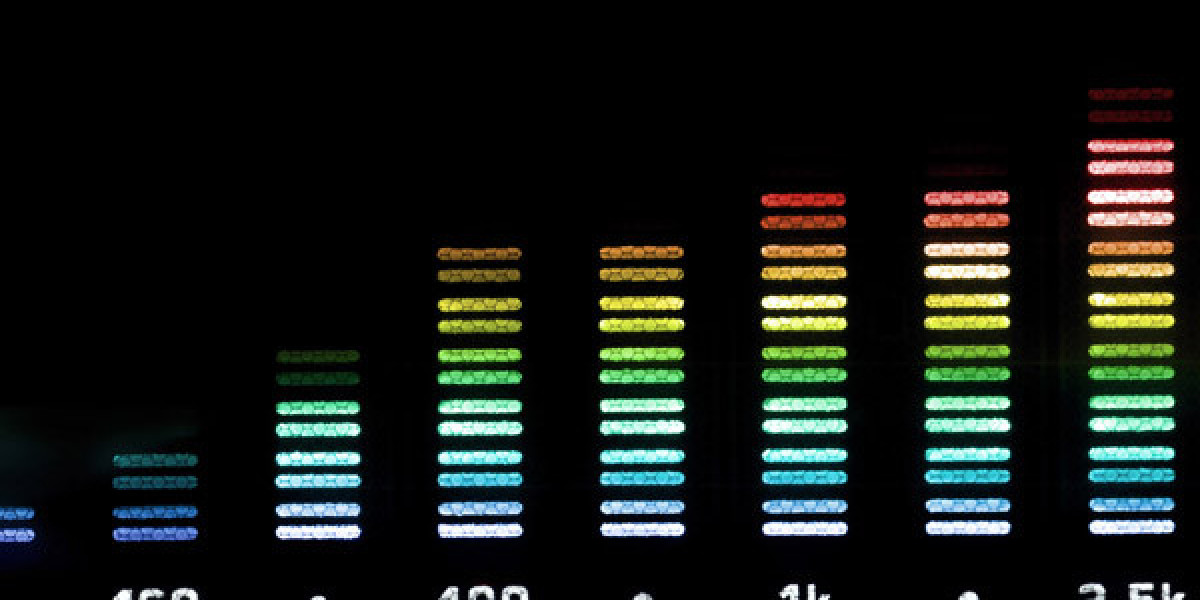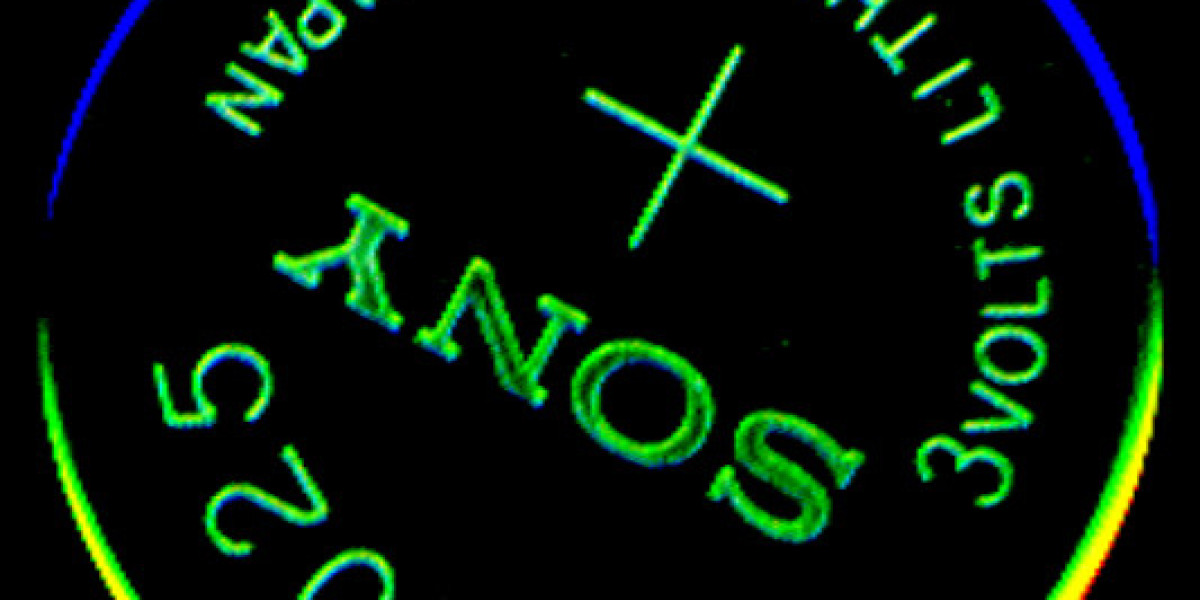Health Library
The Health Library is a comprehensive resource that compiles peer-reviewed studies, clinical trial data, and pharmacological reviews concerning KPV peptide injection. It includes detailed safety profiles, lyon-best.blogbright.net dosage recommendations, and comparative analyses against standard anti-inflammatory agents such as NSAIDs and corticosteroids. Researchers can access the library to identify gaps in current knowledge, review meta-analyses of efficacy, and examine long-term outcomes reported in observational studies. The database also tracks regulatory approvals worldwide and provides guidance on GMP manufacturing practices for peptide therapeutics.
A. Treats a Wide Array of Inflammatory Conditions
Clinical investigations have demonstrated that KPV peptide injection can alleviate symptoms across a spectrum of inflammatory disorders. In models of rheumatoid arthritis, the peptide reduces joint swelling and cartilage degradation by inhibiting NF-κB signaling pathways. For inflammatory bowel disease, repeated injections lower mucosal cytokine levels and improve histological scores in murine colitis studies. Dermatologic applications have shown marked improvement in psoriasis lesions, with decreased epidermal hyperplasia and dermal infiltration of T cells.
In respiratory conditions such as asthma and chronic obstructive pulmonary disease, KPV peptide injection dampens airway hyperresponsiveness by modulating mast cell degranulation and reducing eosinophilic inflammation. Cardiovascular research indicates that the peptide mitigates atherosclerotic plaque formation through suppression of monocyte recruitment and oxidative stress markers. Neuroinflammatory settings, including multiple sclerosis models, reveal that systemic administration can cross the blood-brain barrier to reduce demyelination and neurodegeneration.
The therapeutic versatility of KPV stems from its ability to target key mediators common to many inflammatory pathways—interleukin-6, tumor necrosis factor-α, and chemokine receptors. Dosage regimens vary depending on the condition: for systemic autoimmune diseases, weekly injections of 1–2 mg per kilogram body weight are typical, whereas localized applications in dermatology may require lower concentrations administered directly to affected skin areas.
Safety and tolerability data collected across multiple phase I trials indicate that KPV peptide injection is well-accepted by patients. Adverse events are infrequent and generally mild, including transient injection site soreness or low-grade fever. No significant immunogenicity has been observed after repeated dosing, which supports its potential for long-term use.
In summary, the Health Library provides a robust evidence base for KPV peptide injection, while clinical studies confirm that this therapeutic modality can treat a wide array of inflammatory conditions with favorable safety and efficacy profiles.








